Summaries of books about Science & Math:
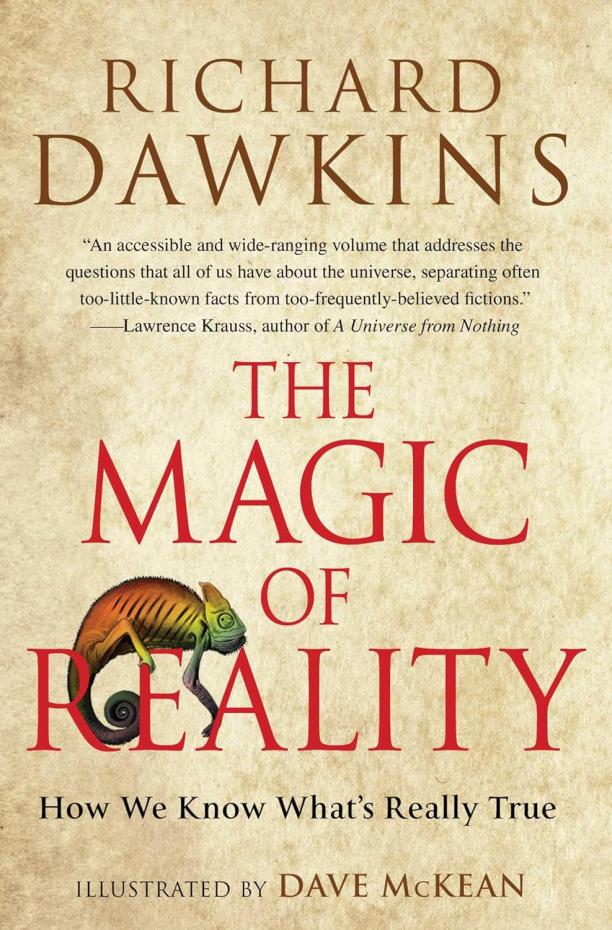
The Magic of Reality
How We Know What's Really True
Richard Dawkins
The book explores various natural phenomena and myths from different cultures, using scientific explanations to demystify them and illustrate the beauty of the real world. It covers topics ranging from evolution to space, aiming to inspire a sense of wonder through evidence-based understanding.
See full summary
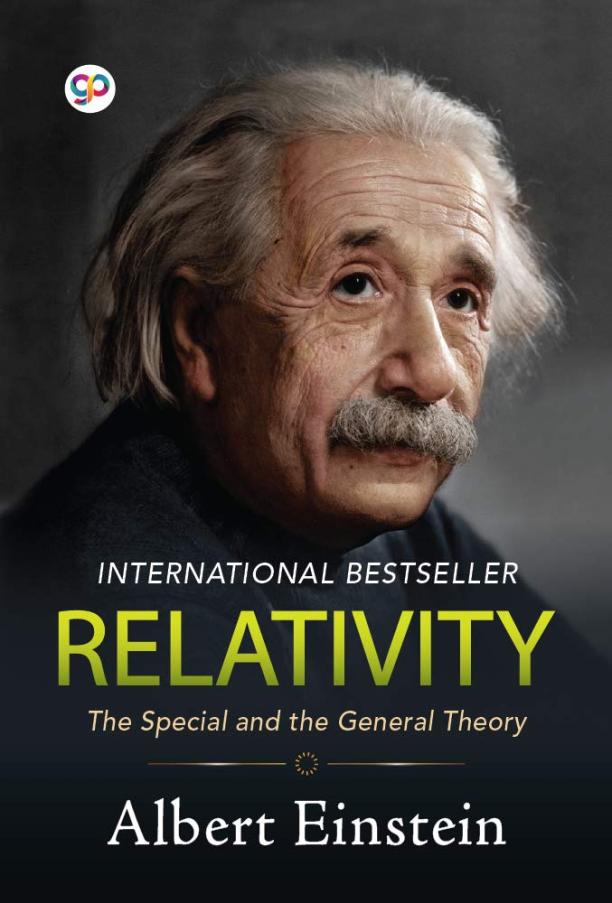
Relativity
The Special and the General Theory
Albert Einstein
The book provides an accessible introduction to the theory of relativity, explaining the concepts of time, space, and gravity in a way that is understandable to readers without an advanced background in physics. It covers both the special theory, which deals with objects moving at constant speeds in a straight line, and the general theory, which extends these ideas to include acceleration and gravitation.
See full summary

The Grand Design
Stephen Hawking|Leonard Mlodinow
The book explores fundamental questions about the universe, discussing concepts like the Big Bang, black holes, and quantum physics, and it presents the argument that the laws of physics alone can explain the creation of the universe without the need for a divine creator. It introduces the concept of "model-dependent realism" as a framework for understanding different scientific theories and the nature of reality.
See full summary
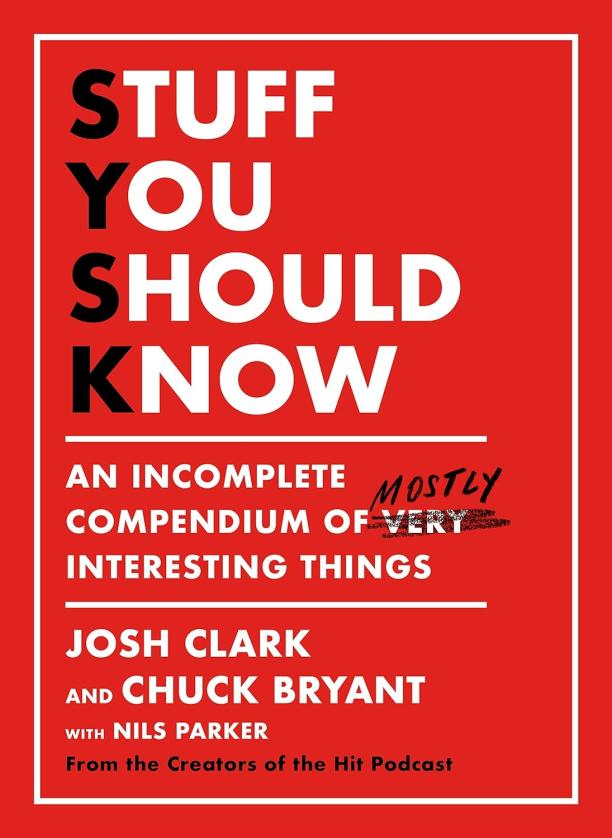
Stuff You Should Know
An Incomplete Compendium of Mostly Interesting Things
Josh Clark|Chuck Bryant
The book is a curated collection of fascinating facts, anecdotes, and explanations about a wide array of topics, ranging from the origins of everyday objects to obscure historical events. It presents this information in an engaging and accessible manner, aiming to educate and entertain readers with the quirky and lesser-known aspects of the world around them.
See full summary

Superforecasting
The Art and Science of Prediction
Philip E. Tetlock|Dan Gardner
The book delves into the world of prediction, examining the techniques of "superforecasters" who are exceptionally skilled at forecasting significant events. It explores the cognitive styles, habits of thought, and methodologies that enable these individuals to make remarkably accurate predictions about politics, economics, and other areas of interest.
See full summary
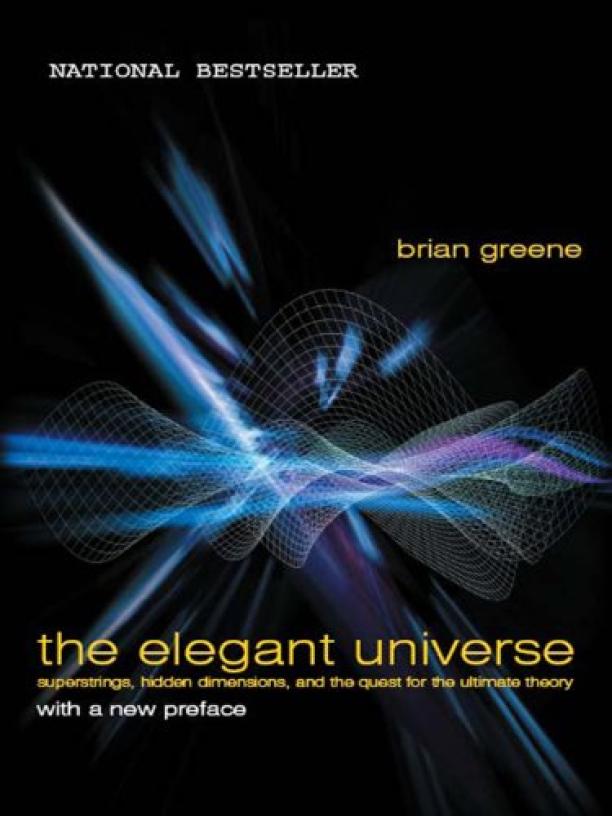
The Elegant Universe
Superstrings, Hidden Dimensions, and the Quest for the Ultimate Theory
Brian Greene
The book introduces readers to the complex world of string theory, which posits that the fundamental particles of the universe are one-dimensional strings rather than point-like dots, offering a potential unification of quantum mechanics and general relativity. It delves into the implications of this theory, including the existence of multiple dimensions beyond our perceptible three-dimensional space, in an accessible manner for a general audience.
See full summary
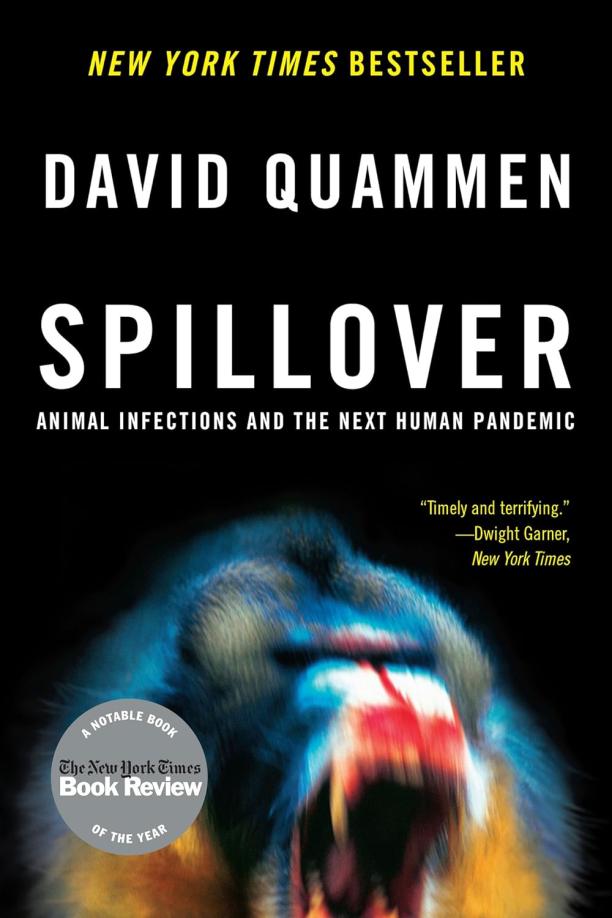
Spillover
Animal Infections and the Next Human Pandemic
David Quammen
The book investigates the science, history, and human impact of zoonotic diseases—those that jump from animals to humans—exploring how human encroachment into wildlife habitats increases the risk of pandemics. It delves into case studies of various diseases, such as Ebola and SARS, and features interviews with scientists and researchers on the front lines of preventing the next global outbreak.
See full summary

Superintelligence
Paths, Dangers, Strategies
Nick Bostrom
The book explores the potential future development of artificial superintelligence and the ways it could surpass human intelligence, posing existential risks to humanity. It discusses strategic pathways for safely managing this transition, including the alignment problem and the control problem, to ensure that superintelligent entities would act in accordance with human values and interests.
See full summary

Finding the Mother Tree
Discovering the Wisdom of the Forest
Suzanne Simard
The book delves into the complex, interconnected networks of trees in forests, revealing how these ecosystems communicate and support each other through a web of fungal connections. It combines personal narrative with scientific insights to illustrate the author's groundbreaking research on tree interdependence and the pivotal role of Mother Trees as central hubs in the symbiotic relationships within forests.
See full summary
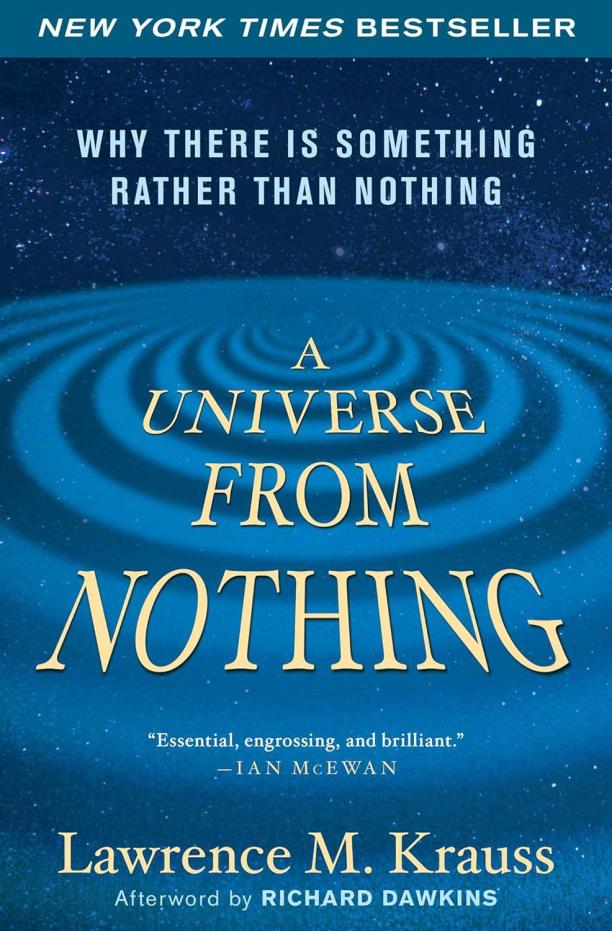
A Universe from Nothing
Why There Is Something Rather than Nothing
Lawrence Krauss
The book explores the scientific advancements and theories that explain how the universe could have originated from nothing, utilizing quantum mechanics and the laws of physics. It challenges traditional philosophical and theological arguments by presenting a naturalistic explanation for the existence of everything.
See full summary